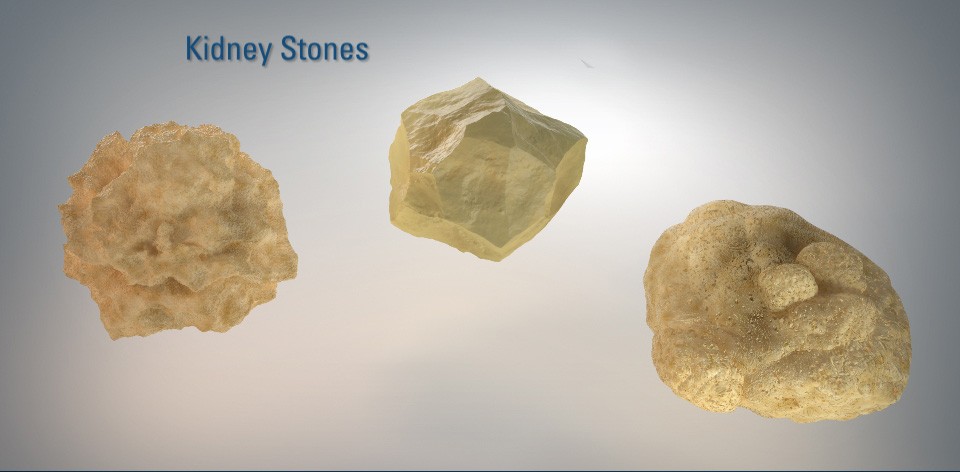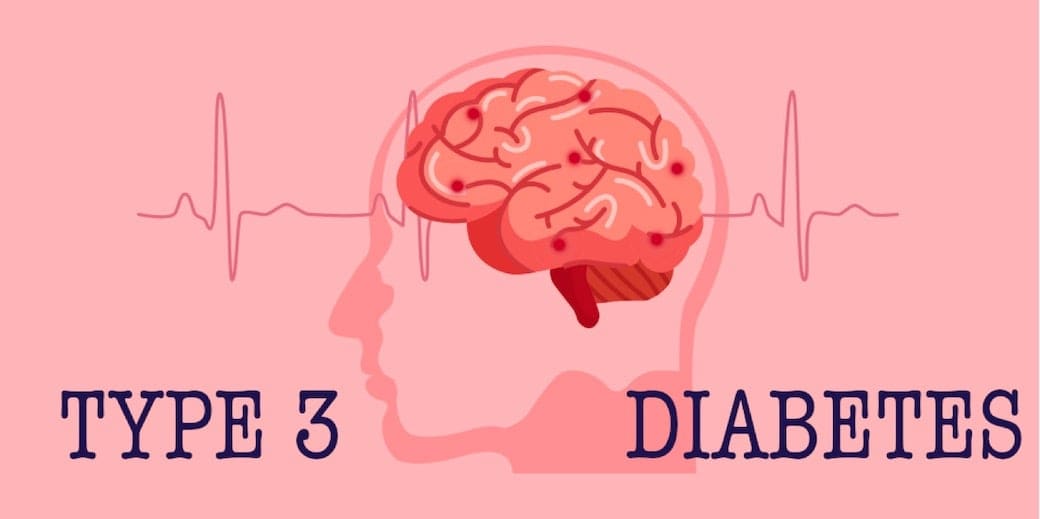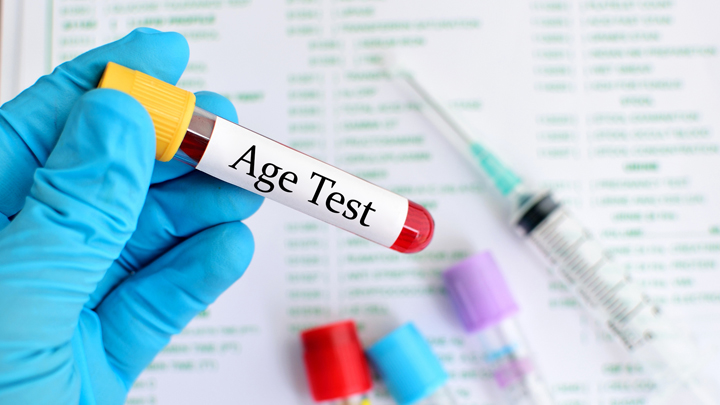
Kidney stones are a common and painful condition that can affect individuals of all ages. Understanding the different types of kidney stones, their causes, symptoms, prevention strategies, and the importance of diagnostic testing at a reputable pathology lab in Kolkata & Bhopal is crucial for effective management and treatment. In this blog, we’ll delve into the various types of kidney stones, their characteristics, and essential information for anyone dealing with or seeking to prevent kidney stones.
Calcium Oxalate Stones:
Calcium oxalate stones are the most common type of kidney stones, formed when calcium combines with oxalate in the urine. High levels of oxalate in the diet, low fluid intake, and certain medical conditions can contribute to the formation of these stones. Symptoms may include severe pain in the back or side, blood in the urine, and frequent urination.
Uric Acid Stones:
Uric acid stones develop when there is an excess of uric acid in the urine, often associated with conditions like gout or high-protein diets. These stones can cause intense pain, discomfort during urination, and cloudy or foul-smelling urine. Prevention strategies for uric acid stones include hydration, dietary modifications, and medication as prescribed by a healthcare professional.
Struvite Stones:
Struvite stones, also known as infection stones, form in response to urinary tract infections (UTIs) caused by certain bacteria. These stones can grow quickly and may cause symptoms such as fever, chills, abdominal pain, and urinary urgency. Treatment typically involves addressing the underlying infection and surgically removing the stones if necessary.
Cystine Stones:
Cystine stones are rare but can occur in individuals with a genetic disorder called cystinuria, which leads to high levels of cystine in the urine. These stones are often large and may cause severe pain, nausea, vomiting, and urinary obstruction. Management of cystine stones involves dietary changes, hydration, and medications to reduce cystine levels.
Prevention and Lifestyle Tips:
To prevent kidney stones, it’s essential to stay hydrated by drinking plenty of water throughout the day. Additionally, adopting a balanced diet low in sodium, oxalate, and animal proteins can reduce the risk of stone formation. Regular physical activity, maintaining a healthy weight, and managing underlying medical conditions like high blood pressure and diabetes are also crucial for kidney stone prevention.
Diagnostic Testing at a Pathology Lab:
If you experience symptoms of kidney stones or are at risk due to personal or family history, it’s important to undergo diagnostic testing at HCDC, a reputable pathology lab in Kolkata & Bhopal. Diagnostic tests may include urine analysis, blood tests, imaging studies such as ultrasound or CT scans, and stone analysis to determine the type of kidney stones present.
Conclusion:
By understanding the different types of kidney stones, recognizing their causes and symptoms, implementing preventive measures, and seeking timely diagnostic testing at a trusted pathology lab in Kolkata, individuals can take proactive steps towards managing kidney stone risks and maintaining optimal kidney health. Consult with Health Care Diagnostic Centre & Laboratory Services for personalized guidance and treatment options based on your specific needs and risk factors related to kidney stones.


